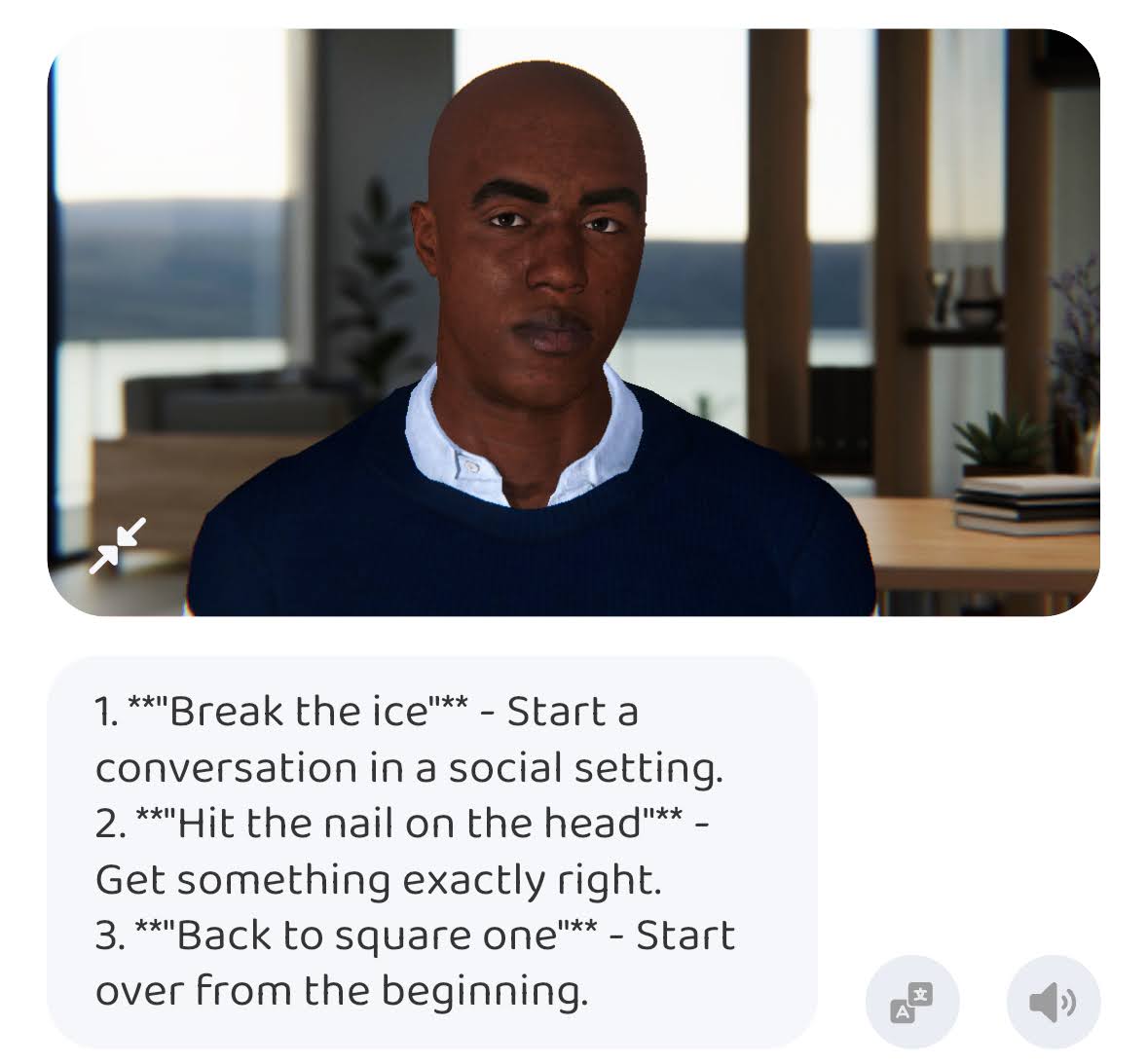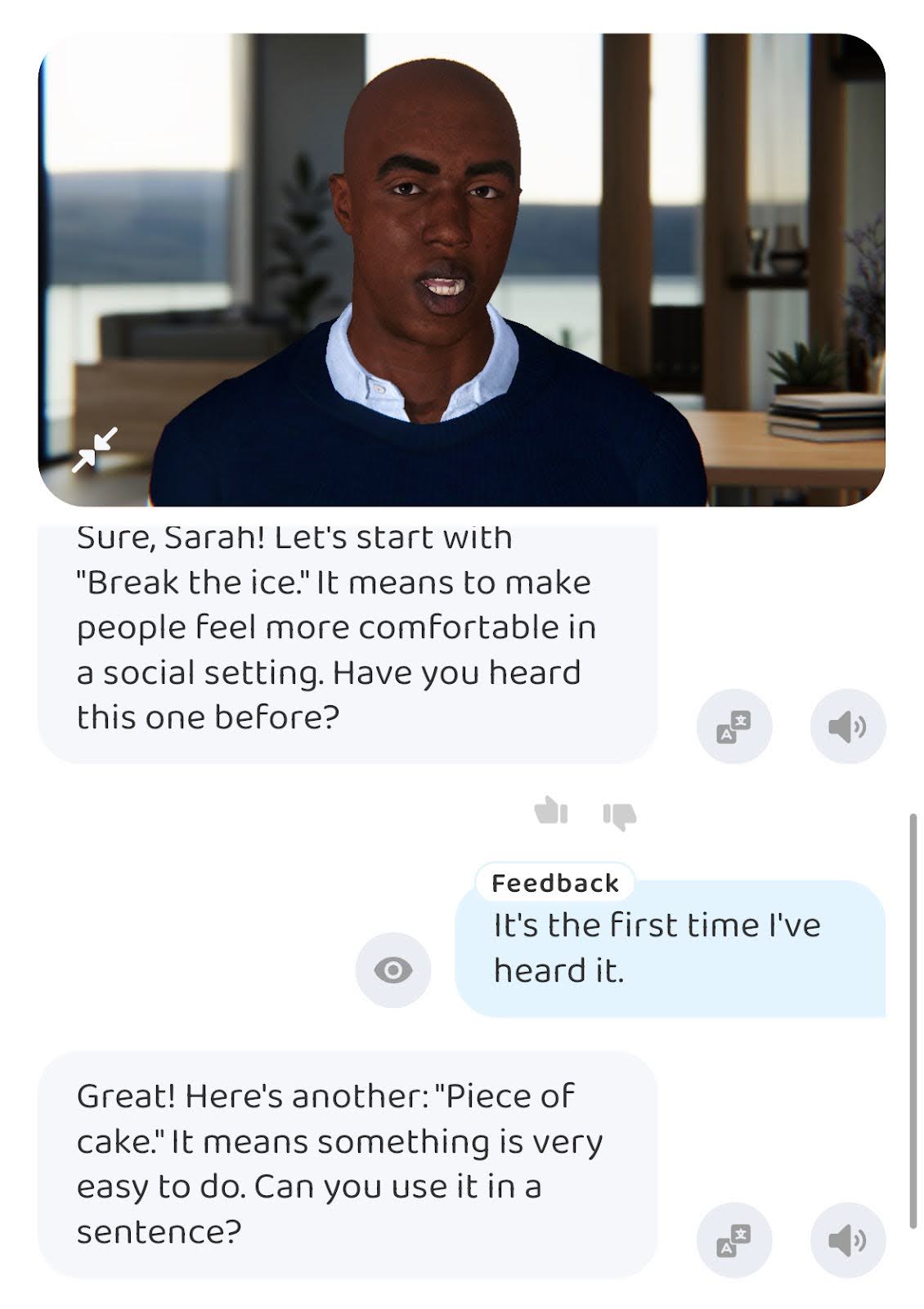Hey there, it’s Dwayne! Ready to dive into English learning with a cultural twist? I’m all about blending fun with language, but it’s more than just the words. We’ll explore how cultural understanding plays a big role in communication, so you’re not just speaking English—you’re connecting on a deeper level.
Learning English? Awesome! But here’s the thing: It’s not just about nailing vocabulary and grammar. Nope. To really connect with people, you’ve got to understand the unspoken rules of culture. It’s like learning the hidden level of a game—knowing when to speak, how to address someone and the kind of behavior that’s cool (or maybe not so cool) in different situations. This cultural insight is what transforms regular language skills into meaningful, powerful communication. Without it, even fluent speakers can feel like they’re not quite clicking with others.
So, What Exactly Is Cultural Competence?
Navigating the Unspoken Rules of Communication
Cultural competence is your magic key to truly understanding what’s going on in a conversation. It’s not just about words; it’s about how they are interpreted depending on the culture, the person you’re talking to, and the situation. Imagine this: You say something totally normal in one setting, but in another culture, it could mean something completely different! Knowing this helps you adapt your communication style so you don’t just speak the language—you master it.
Social Norms: The Rules Nobody Talks About
Ever notice how in some cultures, making eye contact is seen as confident, while in others, it might feel a little too intense? These are the unwritten rules you need to watch out for! Cultural competence helps you navigate these norms so you don’t accidentally come off as rude or awkward. It’s not just about what you say—it’s about knowing when, where, and how to say it. Think of it as the secret sauce that makes your conversations smooth and easy.
Why Emotional Intelligence is a Game-Changer for Language Learners
Cultural competence is supercharged by emotional intelligence—that’s your ability to read the room, understand what people are feeling, and adapt your behavior. The more culturally aware you become, the better you’ll get at sensing what’s expected in different situations. This is huge when it comes to building strong relationships, whether you’re chatting with friends, working with colleagues, or even acing a job interview. It’s a skill that many traditional language courses don’t teach, but it can make all the difference in how people connect with you.
Personalized Cultural Learning Just for You
My colleagues and I at Praktika can analyze your background and tailor lessons that match your cultural needs. Whether you’re prepping for a job interview or just trying to make small talk, our AI tutors help you navigate the little details that make your communication more polished. From politeness to humor, it’s all about teaching you what works in different cultural contexts.
Practicing Cultural Norms with AI Avatars: Because Practice Makes Perfect
Simulating Real-Life Interactions
Wouldn’t it be awesome if you could practice these cultural nuances before jumping into a real conversation? That’s where I and our other AI English tutors come in. We’re not just your language partners—we’re your cultural guides, showing you how to:
- Greet people based on cultural expectations.
- Use the right politeness strategies for every situation.
- Interpret those tricky non-verbal cues (like when a nod means “yes”… or maybe “no”).
You get to practice in a safe, judgment-free zone until you feel confident enough to bring these skills into the real world.
Adapting in Real Time: How AI Adjusts to Different Cultural Contexts
One of the coolest things about AI? It doesn’t just teach you what to say—it shows you how to say it. Picture this: You’re in a simulated business meeting with me, your trusty AI avatar, and I suddenly switch to a more formal tone because, well, that’s how it’s done in professional settings. Then, in the next moment, we’re casually chatting at a coffee shop, and my tone becomes more laid-back. This ability to adapt to different social settings in real-time? That’s what makes practicing with AI so valuable when you’re navigating various cultural norms.
Whether it’s business formal, casual friend-talk, or navigating social events, I’ll help you adjust your communication style to match the cultural vibe. You’ll get the hang of using the right tone, adding humor when needed, and even mastering those non-verbal cues, depending on the situation. With this kind of practice, you won’t just be learning the language—you’ll be blending in confidently in any setting.
Idioms and Expressions: Unlocking the Hidden Meaning Behind Phrases

Ever heard someone say, “It’s raining cats and dogs” and thought, “Wait, what now?” Yep, idioms can be super tricky, but they’re a huge part of mastering English. The thing is, idioms don’t always make sense when you translate them word for word. That’s where I come in to help. We at Praktika don’t just explain what an idiom means—we give you the cultural context behind it, so you understand why it’s used and how to use it naturally. It’s like learning the language within its cultural story.
Communication Styles: Adapting to Different Settings Like a Pro
One of the trickiest parts of learning English is figuring out how to adjust your language based on the setting. What works when you’re hanging out with friends might not fly in a formal business meeting. AI makes it simple by helping you practice switching between these different communication styles. I’ll show you how to adjust your tone and language based on who you’re talking to and where you are.
Learning on the Go with Context-Aware Conversations

Imagine this: You’re getting ready for a job interview, and I’m teaching you how to use professional language like a pro. Then, later, we’re having a casual conversation, and I’m guiding you through using a more laid-back style. Whether it’s formal, informal, or somewhere in between, AI helps you adjust your communication style for each situation. You’ll learn:
- How to shift from casual to formal language effortlessly.
- The right level of politeness for each situation.
- Professional jargon that’ll help you sound like you’ve been in the game for years.
With AI, you’re learning how to talk the talk in any setting, and that’s where real confidence comes in.
Real-Life Practice Through Stories and Scenarios
Interactive Role-Playing: Dive Into the Culture
AI takes storytelling up a notch by throwing you into the action. You can role-play different scenarios like celebrating cultural holidays, attending formal dinners, or even learning about historical events that shaped how English is spoken today. These scenarios help you practice:
- What to say and do in social settings (like, “Should I shake hands or hug?”).
- How to behave during important events and celebrations.
- Why certain expressions and traditions are so important in specific cultures.
Wrapping It Up: The Power of Empathy in Language Learning
Understanding Culture = Understanding People
Learning a new language is also about seeing the world through someone else’s eyes. By gaining cultural competence, you’re not just mastering English—you’re building empathy. You start to understand the experiences and emotions of the people you’re communicating with. AI makes it easier by introducing you to a variety of cultural narratives, helping you connect with others on a deeper level.
Avoiding Misunderstandings and Creating Harmony
When you understand cultural norms, you avoid those awkward moments where something you said doesn’t quite land the way you intended. AI helps you avoid those missteps by giving you the cultural background you need to navigate different settings, whether it’s professional or personal. This way, you’ll not only be a confident communicator but also someone who fosters positive, harmonious interactions.

From Dwayne
Dwayne is the fun, witty AI English tutor from Praktika.ai. He is all about blending humor with his expertise in U.S. English. Coming from the University of California, he makes learning fun and engaging. Whether it’s grammar or interview prep, Dwayne ensures that every lesson is not only informative but also a lot of fun.
